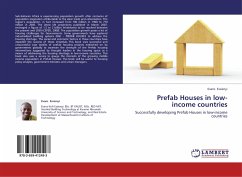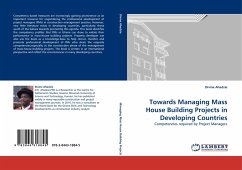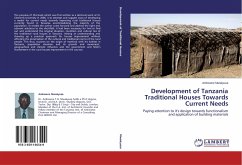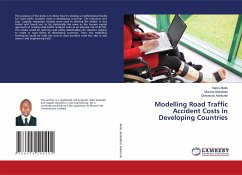Sub-Saharan Africa is experiencing population growth after centuries of population stagnation attributable to the slave trade and colonization. The region's population, in fact increased from 100 million in 1900 to 770 million in 2005. The latest UN projections published in March 2007, envisaged a figure of 1.5 to 2 billion inhabitants to be reached between the present and 2050 (CEPED, 2008). The population growth poses a lot of housing challenges for Governments. Some governments have explored industrialized building systems (IBS) - PREFAB HOUSES to address the housing shortage. The social and economic factors in these countries have impeded the success of these initiatives. This book uses successful and unsuccessful case studies of prefab housing projects embarked on by governments globally to ascertain the strength of the Prefab housing interventions suggested by thought leaders in the housing space as a means of addressing the housing shortage in low-income countries. This book also uses a survey to gauge the interests of the growing middle income population in Prefab Houses. This book will be useful to housing policy analysts, government ministers and urban managers.
Bitte wählen Sie Ihr Anliegen aus.
Rechnungen
Retourenschein anfordern
Bestellstatus
Storno









